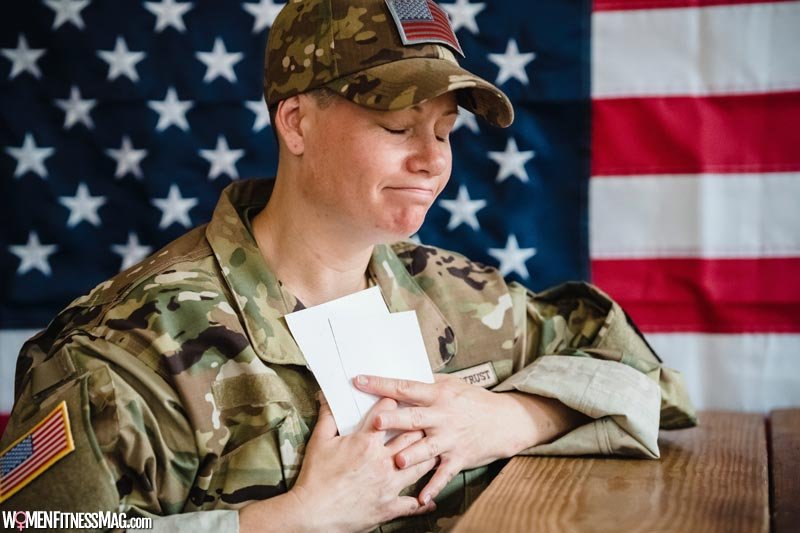Honoring Our Heroes: Recognizing the Invisible Wounds of War : When a person thinks of heroes, they often bring to mind images of courageous soldiers fighting valiantly on the frontlines, defending Americans’ freedoms, and protecting our way of life. These individuals risk their lives, displaying unwavering strength and resilience in the face of adversity.
However, people must realize that the wounds of war may be hidden. Many of these heroes actually carry invisible wounds.
They might suffer from post-traumatic stress disorder (PTSD), traumatic brain injuries (TBIs), and other mental health issues. Recognizing and addressing these invisible wounds is crucial to honoring the sacrifices of the brave men and women in uniform. Loved ones should ensure trauma treatment for veterans is available if needed.
Post-Traumatic Stress Disorder
PTSD is a psychological disorder that can affect anyone who has experienced or witnessed a traumatic event. They may suffer from flashbacks, nightmares, anxiety, and depression, among other things. Veterans with PTSD often have a challenging road to recovery because their wounds cannot be seen. This makes it difficult for others to understand what they are dealing with. Society must create an environment that fosters empathy and understanding toward those battling PTSD. These veterans need access to quality mental health services. People must also raise awareness about the impact of PTSD to ensure these heroes receive the support they deserve.
Traumatic Brain Injuries
Traumatic brain injuries are another invisible wound commonly seen in veterans. These injuries can result from blasts, falls, or other incidents during combat. TBIs have a significant impact on cognitive function, memory, and emotional stability. They affect the victim’s ability to perform daily tasks and maintain relationships. Veterans often feel misunderstood and stigmatized because others cannot see their injuries. Prioritizing research and funding for TBI treatments and support systems is crucial. Society needs to recognize the challenges faced by these heroes and provide them with the resources they need to thrive. Increased awareness would be of help in achieving this goal.
Other Mental Health Issues
Mental health conditions, beyond PTSD and TBIs, also plague many veterans. Countless veterans suffer from depression, anxiety, and substance abuse disorders as a result of the stress and trauma they endured during their military service. It is time to break down the barriers associated with seeking help for mental health issues. Society must cultivate a culture that encourages open dialogue about mental health, eliminates the stigma surrounding it, and provides accessible and effective treatment options. People must recognize the wounds of war are often invisible. Doing so will help these heroes receive the care and support they need to heal and reintegrate into civilian life successfully.
Additionally, it is crucial to involve families and communities in the process of recognizing and supporting heroes with invisible wounds. Loved ones often bear witness to the challenges faced by veterans, both seen and unseen. By creating support networks and providing education for families and communities, society can build a strong foundation of empathy and understanding. Through initiatives such as counseling services, community outreach programs, and educational campaigns, it can foster an environment that not only recognizes the sacrifices of the heroes but actively supports their healing journey.
Honoring these individuals requires extending gratitude beyond mere words or gestures. It demands a genuine commitment to understanding and addressing the invisible wounds they carry. By advocating for increased research, funding, and accessible treatment options, society can empower the heroes to reclaim their lives and find healing. Furthermore, by promoting a culture of acceptance and empathy, America can ensure that no hero feels isolated or unheard. They deserve nothing less.
Related Videos about Honoring Our Heroes: Recognizing the Invisible Wounds of War :
Honoring Our Heroes: Recognizing the Invisible Wounds of War
psychological effects of war on soldiers




